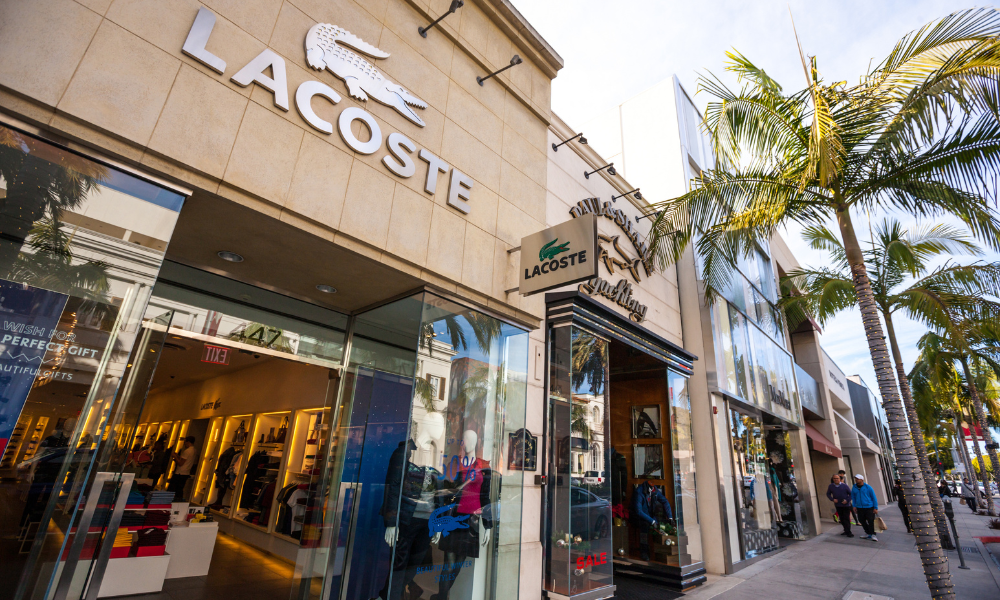
The lawsuit touched on the non-use of Lacoste's trade mark

The High Court has dismissed an appeal by the French fashion company Lacoste against Crocodile International in the trademark dispute over Lacoste's "Crocodile Device" mark for clothing.
In 2018, Crocodile applied to revoke Lacoste’s trademark, claiming non-use of the mark for three years. Lacoste challenged the application, arguing that Crocodile’s written submissions included un-pleaded grounds, effectively ambushing Lacoste and preventing them from responding with relevant evidence.
The Intellectual Property Office of New Zealand (IPONZ) initially declined Lacoste’s request to amend Crocodile’s pleadings or abandon the unpleaded grounds. Following this, a case management conference (CMC) was held, where the Assistant Commissioner (AC) of Trademarks concluded that Crocodile’s pleadings were adequate, allowing the arguments to proceed without granting Lacoste leave to file additional evidence. Lacoste appealed this decision to the High Court.
Lacoste contended that the AC’s determination was substantive and thus appealable, arguing the AC erred in her interpretation of the pleadings and failed to apply relevant legal principles, thereby denying Lacoste a fair trial. Lacoste sought the ability to file further evidence and requested the reversal of the AC’s direction, preventing Crocodile from arguing the grounds of revocation at the substantive hearing.
Crocodile, in response, sought to strike out Lacoste’s appeal, arguing that the High Court lacked jurisdiction to hear an appeal against a CMC direction. Crocodile maintained that their pleadings were clear and sufficient, supporting the argument that the trademark had not been put to genuine use as defined by leading authorities.
The High Court found in favour of Crocodile, stating that the AC’s determination on the sufficiency of Crocodile’s pleadings was correct. The court highlighted that the concept of "genuine use" encompasses the use of the mark and its use as a trade mark. This interpretation meant that Crocodile’s general pleading of non-use was sufficient to put Lacoste on notice, requiring them to prove both genuine use and use as a trade mark.
The court noted the AC’s experience and expertise in such matters, affording deference to her judgment that it was common for pleadings to simply recite the statutory language of non-use without additional specifications. The court rejected Lacoste’s claim that Crocodile’s reliance on broad pleadings denied them a fair trial.
As a result, Lacoste’s appeal was declined, and the court dismissed the application to file further evidence. However, the court also declined Crocodile’s motion to strike out the appeal, establishing that the court did have jurisdiction to hear the appeal based on the substance of the AC’s determination rather than its procedural label.